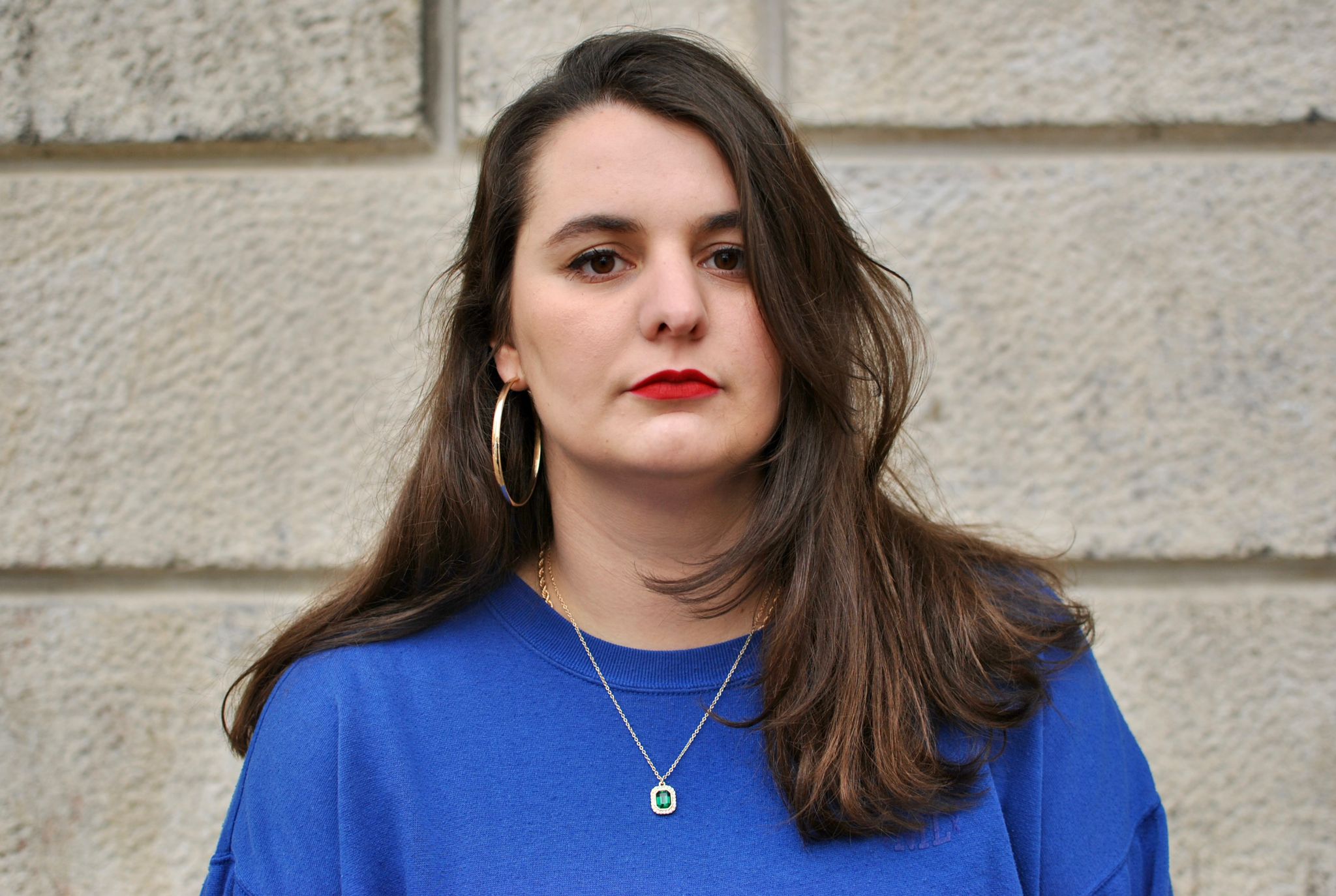By AHMED SHEKAY
Translated by ADDIE LEAK
I hear a sound at my apartment door, and I just know it’s her. I follow her down the stairs. As I put my left foot onto the first step, I see the tips of her curls as she rounds the bend and, a moment later, glimpse her sneakered left foot as she takes her final step between the stairs and the exit. Then she’s swallowed up by the trees in the Ostpark. I tell myself, Good for Ababa, getting some morning exercise, and run after her, looking for her among the trees and in the forms of the other people out jogging. Every time I see a thick derrière, I’m sure it’s her and no one else, but when I get close, they start looking nervous, fear visible in their eyes, and jump out of my path. It takes me a full hour of looking to figure out why they’re acting this way, at which point, I’ve almost frozen from the cold. My breath has left frost on the tip of my nose, my tongue is parched, and I begin to cough violently. But I have absolute faith that she knocked on my apartment door and then ran away: Who else would do that? She’s the only visitor I’ve been wanting.










